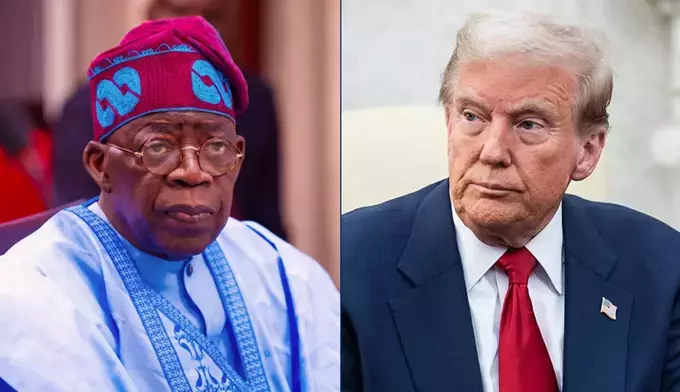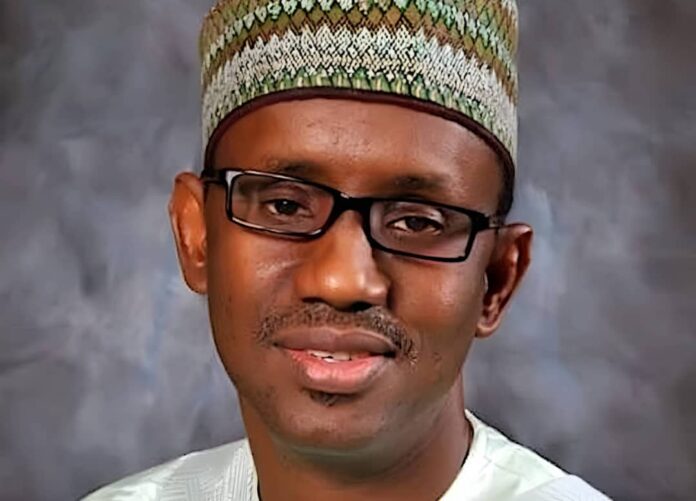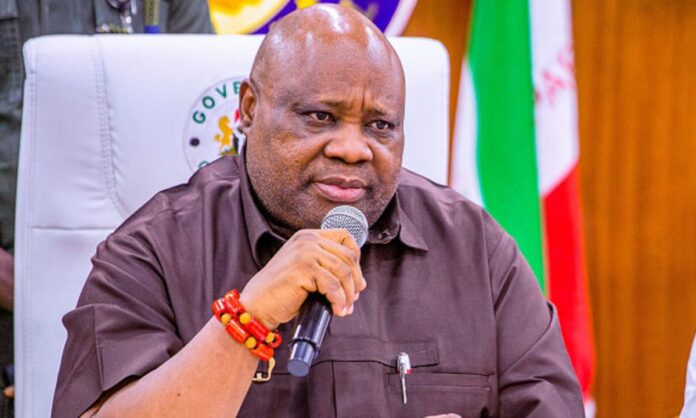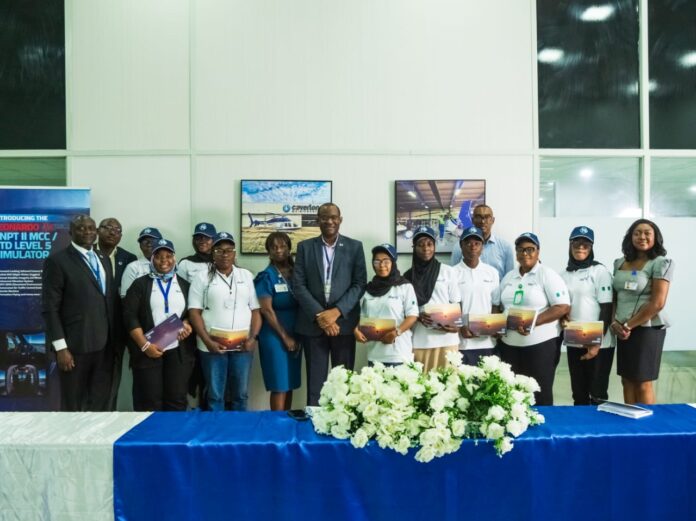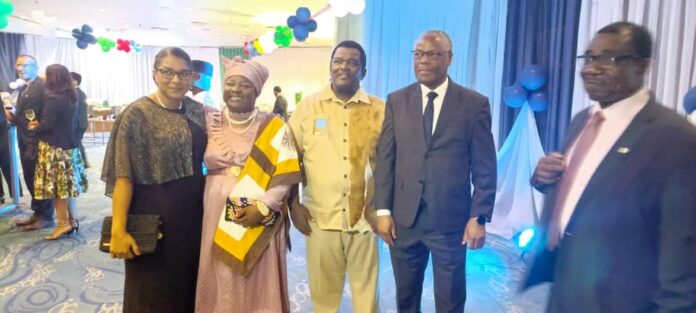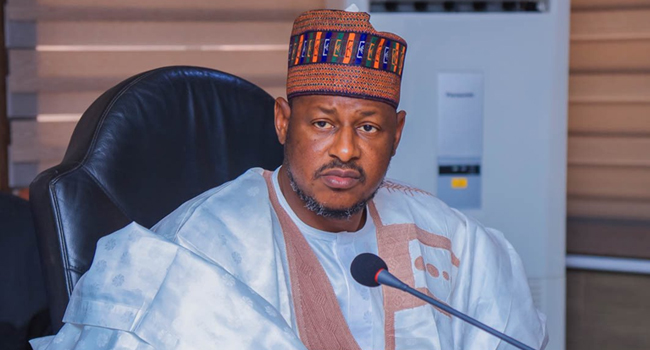By Dickson Pat
Federal Government has announced the implementation of a new corporate governance scorecard designed to assess, monitor, and enhance the performance of State-Owned Enterprises ,SOEs, across the country.
The Minister of Finance and Coordinating Minister of the Economy, Mr. Wale Edun, made this known on Monday in Abuja at the official launch of the Corporate Governance Scorecard — an initiative spearheaded by the Ministry of Finance Incorporated ,MOFI, in collaboration with the World Bank.
Themed “Ensuring Value Creation in State-Owned Enterprises Through Better Corporate Governance”, the event brought together key policymakers, regulators, and development partners to chart a new course for SOEs through improved governance practices.
“State-Owned Enterprises ,SOEs, form a critical component of the national economic framework.
“They wield considerable influence across key sectors, including energy, infrastructure, telecommunications, and financial services.
“However, their potential to drive economic expansion, job creation, and industrial growth has often been limited by inefficiencies, poor financial management, and, in some cases, governance shortcomings.
“The question, therefore, is not whether SOEs should continue to exist, but rather how they can be repositioned to better fulfill their mandates. “In this context, corporate governance assumes an indispensable role”, he said.
He stressed the need to shift the conversation from questioning the relevance of SOEs to implementing strategies that reposition them for long-term impact.
According to Edun, the Federal Government, through MOFI, has embarked on far-reaching strategic reforms to professionalise the management of SOEs and convert them into engines of productivity. He noted that the newly introduced Corporate Governance Scorecard will serve as a performance evaluation tool to track results, identify weak spots, and implement actionable reforms.
“MOFI is tasked with serving as an active asset manager for the Federal Government, ensuring the professionalisation, optimisation, and efficient administration of government-owned enterprises.
“With the MOFI corporate governance scorecard initiative, the government is putting in place a mechanism to assess, monitor, and enhance the performance of its SOEs”, Edun said.
The scorecard, he explained, will not only help track operational progress but also instil financial discipline, improve decision-making processes, and enhance the overall accountability of government-linked enterprises.
Also speaking at the event, the Minister of Power, Mr. Adebayo Adelabu, stressed that SOEs are indispensable to the delivery of essential public services and economic development. However, he acknowledged the pressing need for structural reforms in the face of economic complexities, technological changes, and heightened public expectations.
Adelabu pointed to recent developments in the power sector, notably the unbundling of the Transmission Company of Nigeria ,TCN, into two separate operational entities, as a practical example of corporate governance reform in action.
“For us in the power sector, this imperative is neither abstract nor optional”, the Minister stated. “It is urgent, necessary, and already underway.
“One of the most significant structural reforms in recent times has been the unbundling of the transmission company of Nigeria into two distinct operational entities.
“This move is not merely administrative; it reflects our commitment to fostering operational clarity, transparency, and ultimately, value creation through better corporate governance”, he said.
He further explained that improved governance frameworks would enhance investor confidence, ensure compliance with regulatory standards, and safeguard public resources, thereby supporting sustainable service delivery.
Dr. Shamsuddeen Usman, Chairman of the MOFI Board, revealed that all board members and top executives have signed a corporate governance code of ethics, pledging not to allow personal interests to interfere with official duties.
“It insists that we must not allow personal interests to interfere with our work. Every member of the board and management have signed this undertaking.
“We have put in place measures to ensure transparency and boldness in our approach. This is significant, as it lays the foundation for strong corporate governance”, he said.
The World Bank Country Director for Nigeria, Mr. Ndiame Diop, noted that SOEs are uniquely positioned to play catalytic roles in sectors considered too risky for private investment. He emphasised the need for better governance to unlock the full economic potential of these entities.
“It is truly fortunate that Nigeria possesses a large portfolio of strategic assets that can be leveraged to achieve development goals.
“In Nigeria, SOEs are active across many sectors, including power, agriculture, and financial services.
“Given their presence in these sectors, they have the potential to significantly boost economic growth.
“At the same time, they contribute meaningfully to government revenue”, he said.
He expressed optimism that Nigeria’s portfolio of strategic assets could be harnessed to drive inclusive development if anchored on a sound governance framework.



